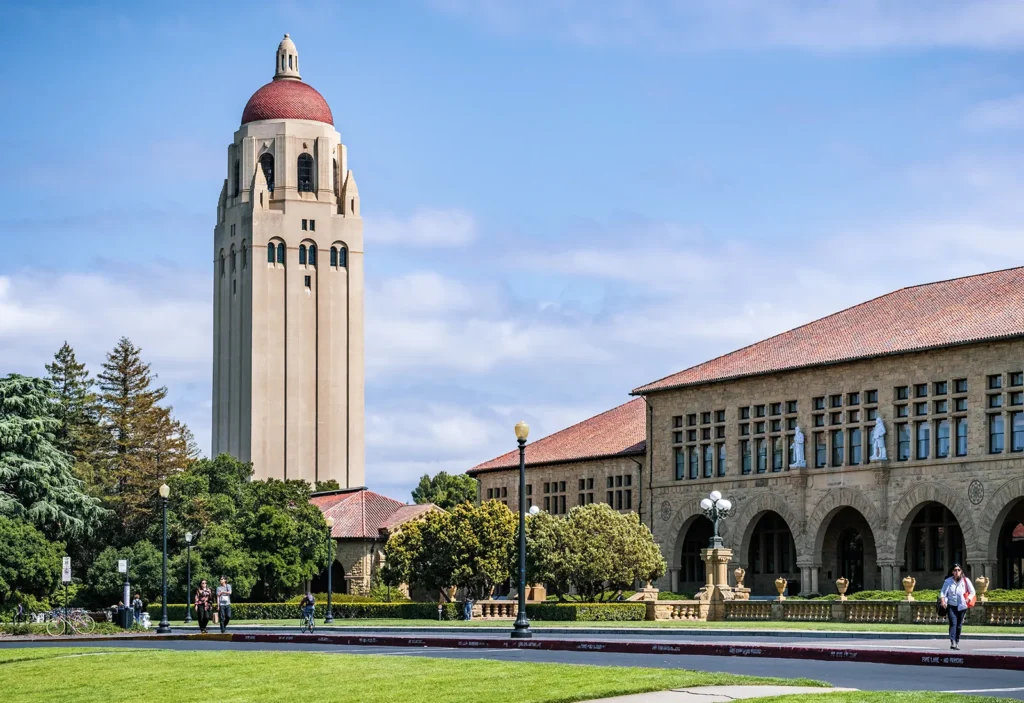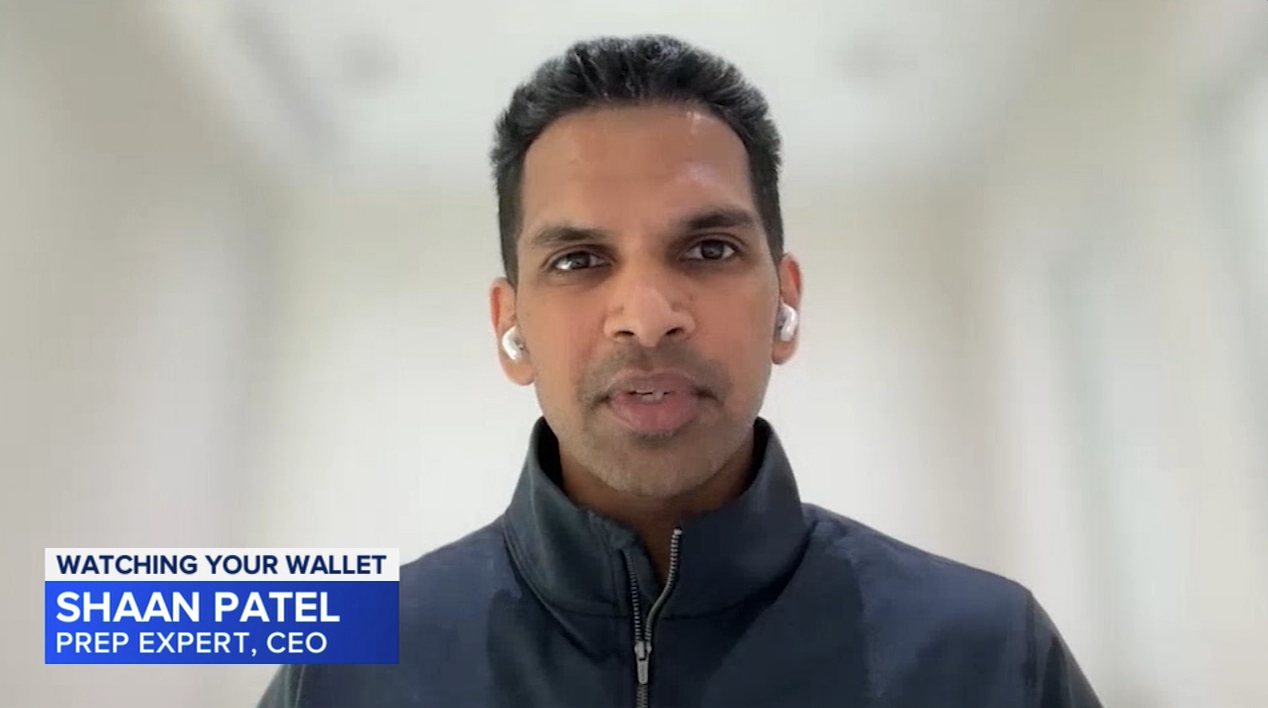California Bans Legacy and Donor Admissions To Private Universities: A Step Toward True Meritocracy

In a landmark move that could reshape higher education across the nation, California has enacted legislation to ban legacy and donor admissions at private colleges, effective from the 2025 academic year. This bold decision is a significant stride toward reinstating meritocracy in American education—a principle that has been increasingly undermined by policies favoring the privileged.
As someone deeply invested in leveling the educational playing field, I wholeheartedly support California’s decision. It’s a crucial step toward ensuring that academic opportunities are accessible to all students based on merit, not on lineage or financial influence.
The United States has long prided itself on being a land of opportunity, where hard work and talent pave the way to success. However, the reality within our educational institutions often tells a different story. Legacy admissions—preferences given to applicants with familial ties to alumni—and donor admissions have created an uneven playing field.
Consider this: according to a 2019 study by the National Bureau of Economic Research (NBER), legacy applicants were admitted to elite colleges at a rate more than three times higher than non-legacy applicants with comparable qualifications. Specifically, legacy applicants had a 34% acceptance rate, compared to 6% for non-legacy applicants. This disparity underscores how legacy preferences disproportionately benefit those who are already advantaged.
Furthermore, data revealed during the Harvard admissions lawsuit showed that from 2009 to 2015, legacy applicants had an acceptance rate of 33.6%, significantly higher than the overall acceptance rate of 5.9%. This highlights the systemic advantage conferred upon applicants with familial ties to the institution.
These admissions practices perpetuate a cycle of inequality. A 2018 analysis by The Century Foundation found that at 38 elite colleges, more students came from the top 1% of income earners than from the entire bottom 60%. Legacy admissions contribute to this imbalance by favoring applicants from affluent, often white, backgrounds.
By contrast, a 2020 study by the Georgetown University Center on Education and the Workforce projected that eliminating legacy preferences could significantly increase racial and socioeconomic diversity on campuses. The study estimated a 23% increase in African American admissions and a 16% increase in admissions of students from families in the bottom income quintile.
By banning legacy and donor admissions, California challenges the entrenched norms of higher education. The state is signaling that admissions should reflect a student’s abilities, achievements, and potential—not their family’s alma mater or donation history.
This legislation is particularly timely given the recent Supreme Court decision in 2023 to restrict affirmative action policies. While affirmative action aimed to level the playing field for underrepresented students, legacy admissions have done the opposite. Eliminating these preferences is a step toward rectifying this imbalance.
Critics argue that legacy and donor admissions are essential for maintaining alumni engagement and securing funding. However, according to a 2010 study published in the Economics of Education Review, there is no significant evidence that legacy preferences increase alumni donations in a meaningful way. The study found that eliminating legacy preferences had a negligible effect on donation levels.
Moreover, a 2021 survey by the American Council on Education found that only 11% of institutions reported that legacy preferences significantly impacted their fundraising efforts. This suggests that colleges can maintain financial health without compromising admissions equity.
California’s decision could have a ripple effect nationwide. If other states follow suit, we could see a fundamental shift toward a more merit-based admissions process across the country.
Additionally, a 2019 Gallup poll revealed that 63% of Americans believe college admissions should be based solely on merit. This public sentiment supports the move toward eliminating preferences that undermine fairness.
Banning legacy admissions is a significant step, but it’s not the final one. To fully realize an equitable educational system, we must address other systemic barriers including:
Investing in K-12 Education: A 2018 report by the U.S. Commission on Civil Rights highlighted that public schools with high concentrations of students of color receive $23 billion less in funding than predominantly white schools. Addressing this funding gap is essential to ensure all students have access to quality education from the start.
Transparent Admissions Practices: Colleges should adopt transparent admissions criteria that prioritize academic and extracurricular achievements over connections. This can build trust in the admissions process and encourage a more diverse applicant pool.
California’s ban on legacy and donor admissions is a commendable move toward restoring meritocracy in education. It’s an acknowledgment that talent and hard work should be the primary currencies of academic advancement.
America thrives when opportunities are allocated based on merit rather than inherited privilege. By continuing to challenge and change policies that undermine this principle, we can create an educational system that truly reflects our nation’s ideals of fairness and equal opportunity.
Dr. Shaan Patel, MD, MBA is the Founder & CEO of Prep Expert (winner of a Shark Tank deal with Mark Cuban), a #1 bestselling author, and a board-certified dermatologist.
Written by Dr. Shaan Patel MD MBA
Prep Expert Founder & CEO
Shark Tank Winner, Perfect SAT Scorer, Dermatologist, & #1 Bestselling AuthorMore from Dr. Shaan Patel MD MBA

The Student Loan Rules Just Changed—And Most Families Aren’t Ready
By Dr. Shaan Patel, CEO & Founder of Prep Expert® Student loans have always been complicated. But starting in…

Confidence Is the Hidden Score Booster No One Talks About
Most students think SAT® and ACT® success comes down to knowing more math formulas or grammar rules. That’s only half…

What Kind of SAT Score Gives You a Good Chance at a Scholarship in 2026?
As more colleges remain test optional, students often assume standardized test scores no longer matter for scholarships– but that’s a…